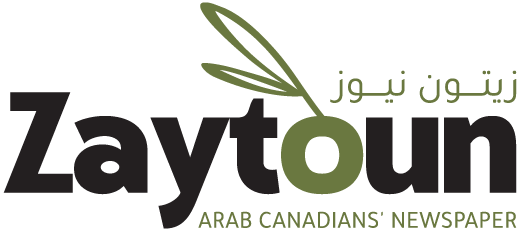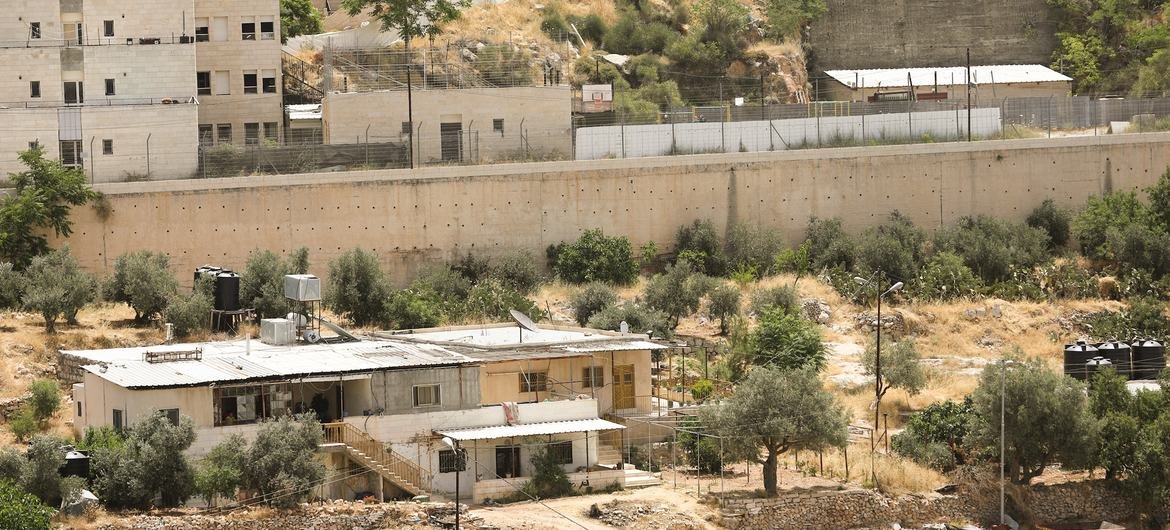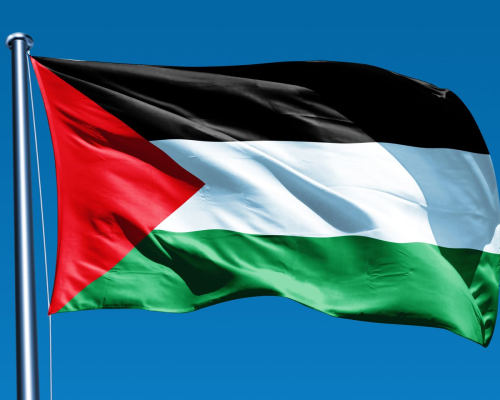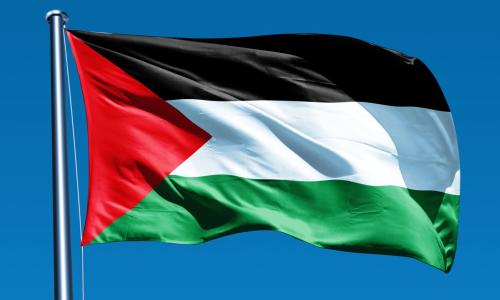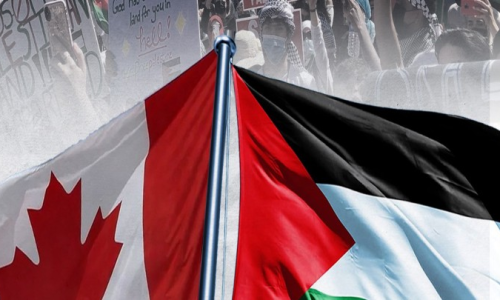By Taghreed Saadeh
Since the launch of Israeli settlement construction in the West Bank following its occupation in 1967, this issue has been one of the most serious challenges to the Palestinian national project. Despite the clear international legal position that considers settlements illegal and a blatant violation of international law, settlement expansion has continued at an accelerating pace. At the heart of this struggle, the Palestinian Authority and the State of Palestine have worked for decades to rally international support and secure UN resolutions condemning settlement activity and calling for its cessation.
In a dangerous new step, today the extremist Israeli Finance Minister Bezalel Smotrich announced his approval for the construction of thousands of settlement units under the so-called “E1” plan, located east of Jerusalem. This project directly threatens the territorial contiguity of the Palestinian land and undermines the possibility of establishing a geographically connected Palestinian state, effectively fragmenting the West Bank into isolated enclaves.
According to the Palestinian Wall and Settlement Resistance Commission, the Israeli government approved Plan No. (4/420) in 1999, covering an area of approximately 12,000 dunams, most of which were declared “state lands” and later annexed to the settlement of Ma’ale Adumim. The revival of this project today poses a blatant challenge to the international community and its resolutions—particularly Resolution 2334—and exposes the limited capacity of these resolutions to deter Israel.
Since its establishment, the Palestinian Authority has based its strategy to confront settlement expansion on three main tracks: diplomatic mobilization, building an international legal record, and activating mechanisms for international accountability.
In the UN Security Council, Palestinian diplomacy played a pivotal role in passing Resolution 2334 in 2016, following an intensive campaign of outreach to member states and political pressure on the United States not to use its veto—resulting in the U.S. abstaining from the vote.
In the UN General Assembly, Palestine achieved a milestone in 2012 by obtaining the status of a “non-member observer state” through Resolution 67/19, which enabled it to join international treaties, foremost among them the Rome Statute of the International Criminal Court (ICC).
Before the ICC, the State of Palestine in 2018 submitted an official referral to investigate Israeli war crimes, including the crime of settlement construction as a form of forcible population transfer under international law. In March 2021, the Court announced the opening of a formal investigation into “the situation in Palestine.”
Before the International Court of Justice (ICJ), Palestine led efforts that resulted in the General Assembly’s adoption of Resolution 77/247 in 2022, requesting an advisory opinion on the legal consequences of the occupation. This culminated in the Court’s July 2024 opinion, which was even clearer than its 2004 opinion: it called for ending the occupation and settlements “as soon as possible,” affirmed their illegality, and obliged states not to provide any aid or assistance to them.
On the human rights and economic front, the Palestinian Authority supported UN Human Rights Council resolutions that established a database of companies operating in settlements, aiming to apply economic pressure on the settlement enterprise. It also worked with the European Union to strengthen policies requiring the labeling of settlement products.
Israel’s return to activating the E1 project more than two decades after it was first proposed reveals a dangerous gap between the international legal framework and the reality on the ground. Despite the clarity of international resolutions, the absence of binding enforcement mechanisms, and the complicity or silence of certain major powers, allows Israel to continue expanding settlements without paying a real price. Meanwhile, the Palestinian Authority continues to build its stockpile of legal and political tools, hoping that this accumulation will prove decisive should there be a political breakthrough or a shift in the balance of international power.
